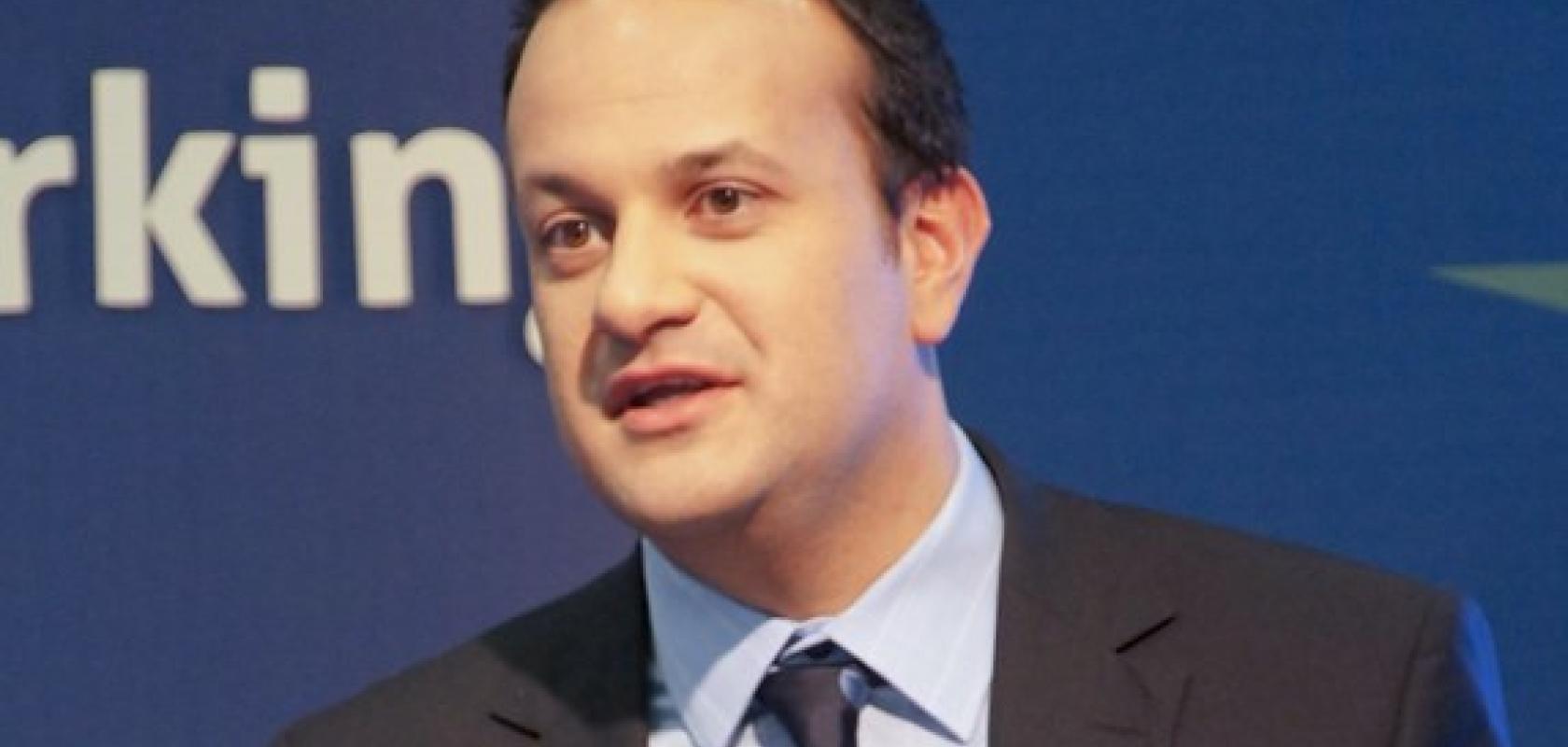The Irish government’s Department of Communications, Climate Action and Environment has approved the appointment of a preferred bidder to the National Broadband Plan.
This is designed to ensure that every home, farm, school and business in Ireland will have access to high speed broadband – no matter where they are located, so that those in rural areas are afforded the same digital opportunities as those in urban areas.
Following the procurement process, it has been determined that the maximum possible cost to the state will be €3 billion over 25 years. This includes €545 million for conditional and contingent subsidy and includes €354 million in VAT, which will be paid to the Revenue Commissioners as subsidy is spent. Subsidy will not be paid to the NBP company until the milestones have been achieved.
The initial connection charge and the monthly charges from service providers to the individual living in rural Ireland will be similar to those paid by residents in urban areas with the ability to avail of services such as voice, broadband, TV from the same service provider. The government will provide additional capital from 2021 from future revenues, and, it says, no projects will be delayed or no changes will be made to the National Development Plan. National Broadband Ireland (NBI) will supply broadband to the one quarter of Irish people and premises that currently cannot access high-speed broadband through commercial services, which equates to around 1.1 million people, 540,000 premises including 100,000 businesses and farms, and more than 600 schools.
The final bid is designed to provide fibre to 98 per cent of all premises with speeds starting from 150mb/s, rising to 500mb/s in year 10 for residential users and much higher speeds available for business. Deployment will commence immediately once contracts are signed, with more than 90 per cent of premises in the state planned to have access to high speed broadband within the next four years.
Nearly 300 broadband connection points (BCPs) will be provided in Year 1, acting as hotspots providing free Wifi in local communities supporting digital work hubs in every county. The provision of the fibre network will take place in conjunction with these BCPs, with 120,000 premises covered by year 2, and 70,000-100,000 premises each year thereafter.
An Taoiseach, Leo Varadkar said: ‘It's my job to imagine the future and think about what it's going to look like. When I do that, I think of things like homeworking. Already some multi-nationals employ a quarter of their staff from home. They require high-speed broadband and secure connections. At the moment, many people living in Rural Ireland are excluded. I have seen students in small rural and island schools being able to study subjects like physics by video-link to a larger school. This will be even more common in the future. As a doctor, I am fascinated by technological developments in healthcare. Remote medicine is emerging all over the world. Access to broadband affects many parts of Ireland, and it requires a national solution. So that we can connect with the world, with family members, with businesses, with new ideas and new ways of doing things."
The Minister for Communications, Climate Action and Environment Richard Bruton T.D. added: ‘This investment will have a transformative effect on rural Ireland, future-proofing communities for generations to come. Digital technology is revolutionising how we live, learn and work and we want to make sure rural Ireland is not left behind.’
Following confirmation of State Aid Approval by the European Commission and contract closing requirements, the bidder will be awarded the contract for the National Broadband Plan. NBI will maximise the use of existing eir pole and duct infrastructure and will be supported by a number of large subcontractors including KN Group, the Kelly Group, eNet, Actavo, Nokia and many more local small and medium businesses in the telecom sector.


